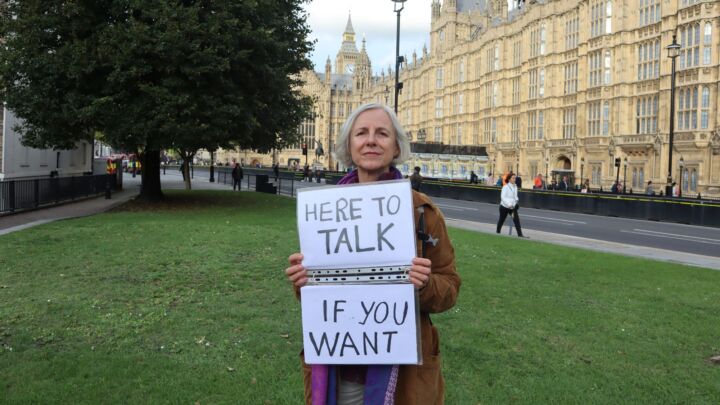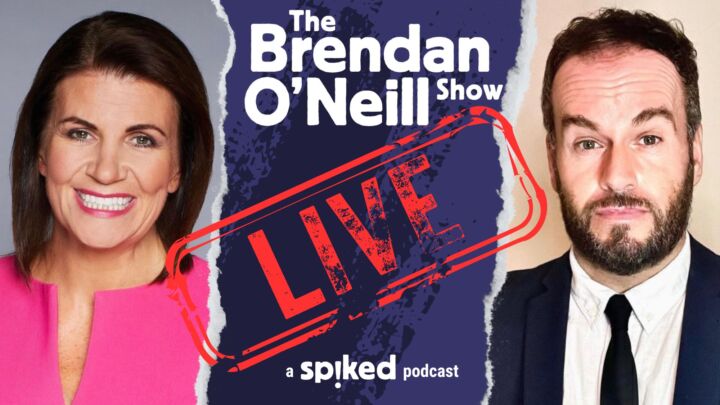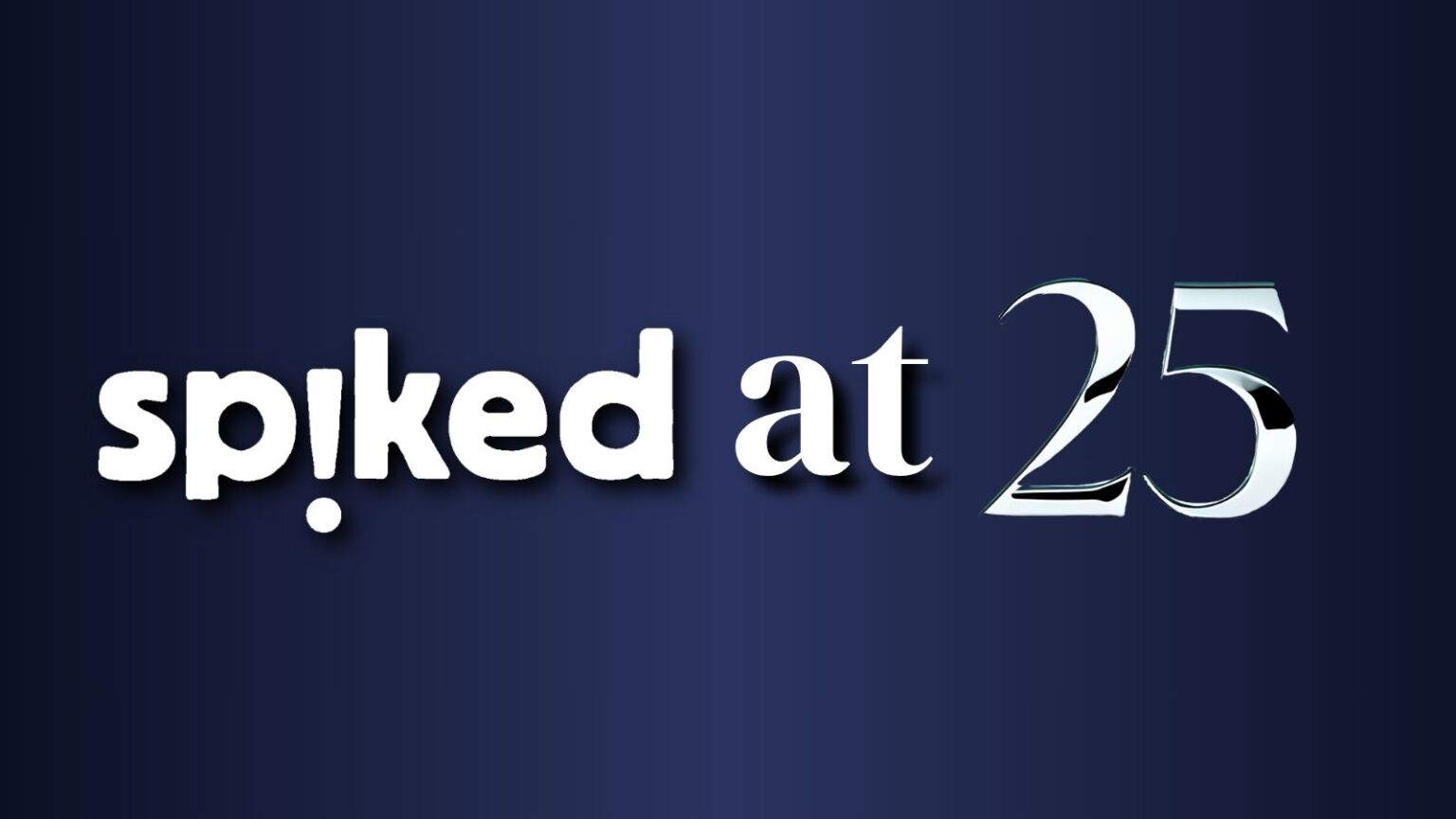The UK’s free-speech crisis is about to get so much worse
The Crime and Policing Bill could unleash terrifying new censorship powers.

Want to read spiked ad-free? Become a spiked supporter.
The UK government’s Crime and Policing Bill poses a formidable threat to free speech in the UK. The bill, which is currently at the committee stage in the House of Commons, promises to keep our streets ‘safe’ by giving courts a new power to issue ‘respect orders’. These orders are potentially so draconian and wide-ranging that they could well end up being used for very different purposes – including silencing anyone who says anything online that the authorities disapprove of.
Under the bill, police, local authorities and a number of other bodies will be empowered to ask courts for ‘respect orders’ that can either prohibit someone from doing or require them to do ‘anything described in the order’. You read that right – anything. The only condition that needs to be satisfied is that the court thinks, on a balance of probabilities, that the person ‘has caused, or is likely to cause, harassment, alarm or distress to any person’. This essentially amounts to ‘precrime’. There won’t even be a need to warn people. The court can issue an interim order without notice. Once the order (which can be indefinite in duration) is there, breaching it carries an unlimited fine or two years in prison.
This spectacularly authoritarian measure is supposedly aimed at street hoodlums, but it is not restricted in any meaningful way. It is a racing certainty that the courts will not apply any limits to its scope.
This bill is a particular threat to free speech. Already, you have to worry that police might turn up at your door over a controversial social-media post. At least at present, the poster has a reasonable chance of defending themselves. While our hate-speech laws are vaguely worded and authoritarian, at least the onus is on the authorities to investigate and prosecute.
This changes dramatically under the Crime and Policing Bill. If it passes, all the police would have to do is persuade a county court judge that people are distressed by the post in question. Then, the poster can be compelled, on pain of prosecution, to delete the offending content, not refer to the subject concerned online again and even stay off social media altogether. They might even be forced to provide an official with the passwords to all of their internet-enabled devices.
This law could be used to attack practically anyone who criticises or makes life difficult for their elected officials. It would be straightforward for, say, a local council to obtain such a ‘respect order’, telling a pesky critic to pipe down indefinitely or face possible imprisonment.
The Crime and Policing Bill could even be abused by central government to silence dissent. What if, in a year or so, we saw another pandemic? Or more riots similar to those that erupted after the Southport attack? During Covid-19, the authorities did their best to repress criticism of lockdowns on social media. And we saw in the wake of Southport how quick the authorities were not only to quell the violence, but also to silence speech online.
On those occasions, the crackdown was only partly successful. Even when it came to the speech-related arrests made over the Southport riots, a number of prosecutions stalled and a good many convictions look fairly doubtful. But this new bill would tip the balance in the state’s favour. The bar will be significantly lowered. People will be shut up on the basis that somebody, somewhere, might be alarmed or distressed by something online. The county-court judges who will hear these cases may well come to see it as their job to bolster the government’s efforts to preserve social harmony, rather than worry too much about free speech.
Of course this wouldn’t happen, the Home Office will purr. There’s supposedly no threat to free speech, because Article 10 of the European Convention on Human Rights will protect those with something worth saying. Both of these deflections demand extreme scepticism. For starters, governments (and local governments) have form in pushing their powers as far as they can when they feel their interests are threatened. In any case, the ECHR has a fairly dismal record when it comes to protecting speech that is awkward, offensive and bloody-minded.
The Crime and Policing Bill is turning out to be a censor’s dream. We must speak up about this draconian piece of legislation – while we still can.
Andrew Tettenborn is a professor of commercial law and a former Cambridge admissions officer.











Comments
Want to join the conversation?
Only spiked supporters and patrons, who donate regularly to us, can comment on our articles.